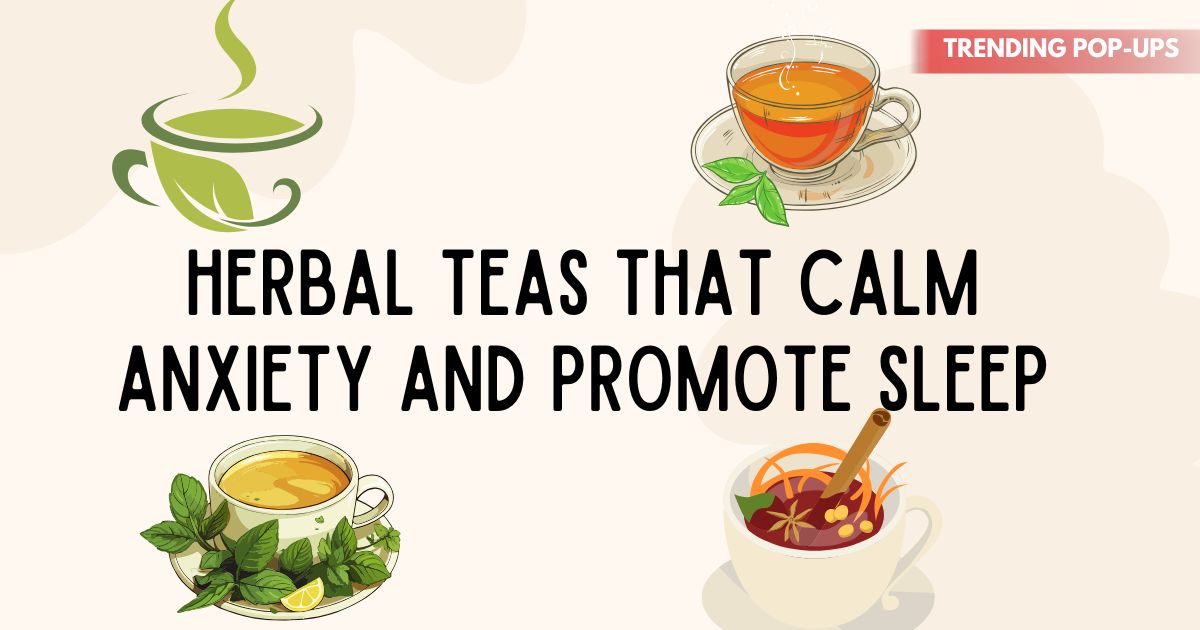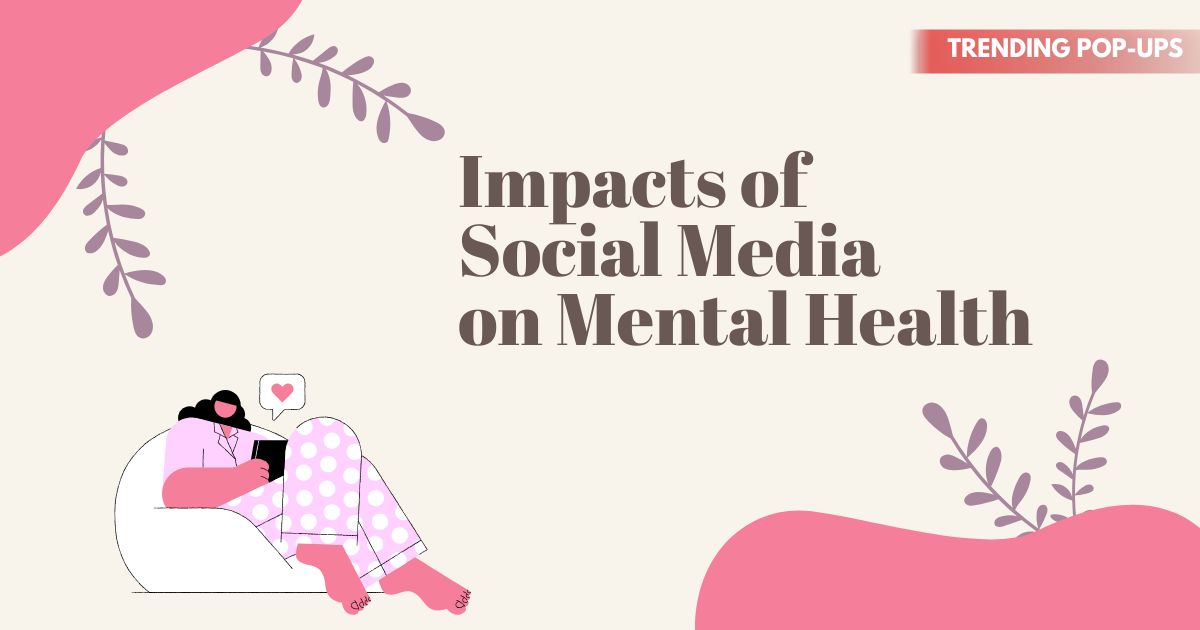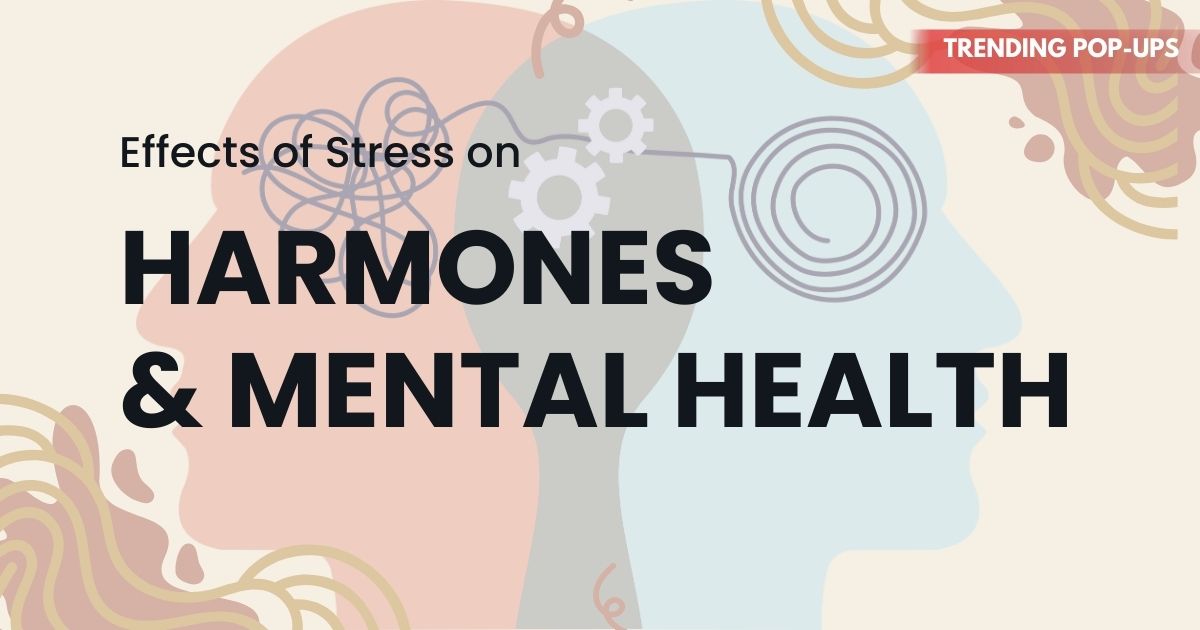Anxiety is one of the most common mental health challenges today, affecting millions of people worldwide. It manifests as excessive worry, restlessness, and physical symptoms such as a racing heart or tense muscles. While therapy and medication are effective treatments, many people are turning to natural practices for support. One of the most powerful approaches is mindfulness meditation for anxiety relief.
This article explores what mindfulness meditation is, how it works to ease anxiety, its benefits, and how you can incorporate it into your daily life.
What is Mindfulness Meditation?
Mindfulness meditation is a practice rooted in ancient Buddhist traditions but widely embraced in modern psychology. It involves focusing on the present moment with acceptance, without judgment. Instead of being overwhelmed by thoughts of the past or worries about the future, mindfulness meditation trains the mind to stay centered in the “now.”
Through simple breathing exercises, guided meditations, or body scans, individuals learn to become more aware of their thoughts and emotions, which is especially helpful for managing anxiety.
How Mindfulness Helps with Anxiety
Anxiety often arises when the mind is trapped in “what if” scenarios about the future or ruminating over past events. Mindfulness interrupts this cycle by:
-
Regulating the nervous system: Deep breathing and awareness techniques activate the body’s relaxation response, lowering stress hormones.
-
Reframing negative thoughts: By observing anxious thoughts without judgment, individuals gain perspective and reduce their emotional impact.
-
Breaking the worry loop: Mindfulness teaches the brain to shift attention away from repetitive negative thinking.
-
Improving emotional regulation: It enhances the ability to respond calmly rather than react impulsively to stress.
Scientific studies have consistently shown that mindfulness meditation reduces symptoms of anxiety and enhances overall mental health.
Benefits of Mindfulness Meditation for Anxiety Relief
1. Reduces Stress and Worry
Mindfulness meditation helps decrease cortisol levels, the hormone associated with stress, creating a sense of calm.
2. Improves Focus and Concentration
By training the brain to stay in the present, mindfulness enhances attention span and mental clarity, reducing mental clutter.
3. Enhances Emotional Resilience
Practicing mindfulness regularly builds resilience, making it easier to cope with stressful situations without being overwhelmed.
4. Promotes Better Sleep
Anxiety often disrupts sleep. Mindfulness relaxes the mind and body, helping improve sleep quality.
5. Supports Physical Health
Reducing anxiety through meditation lowers blood pressure, eases muscle tension, and supports a healthier immune system.
Simple Mindfulness Meditation Techniques for Anxiety
1. Mindful Breathing
-
Sit comfortably and close your eyes.
-
Focus on your breath as it enters and leaves your body.
-
When your mind wanders, gently bring attention back to your breathing.
This simple practice can be done anywhere and instantly reduces anxiety.
2. Body Scan Meditation
-
Lie down or sit in a relaxed position.
-
Slowly bring attention to different parts of your body, from head to toe.
-
Notice sensations such as tension, relaxation, or warmth.
This practice helps release physical tension caused by anxiety.
3. Guided Meditation
Listening to recorded meditations or attending mindfulness classes provides structure and guidance, making it easier for beginners.
4. Mindful Walking
-
Walk slowly and pay attention to each step.
-
Notice how your feet touch the ground, the rhythm of your steps, and the surrounding environment.
This technique is especially useful for people who struggle with sitting still.
5. Loving-Kindness Meditation
-
Focus on sending kind thoughts to yourself and others.
-
Repeat phrases such as “May I be calm. May I be safe. May others be happy.”
This practice reduces self-criticism and builds compassion, easing social and generalized anxiety.
How to Incorporate Mindfulness into Daily Life
Mindfulness doesn’t require long sessions—short, consistent practices are more effective. Here are some ways to integrate it into your day:
-
Start your morning with 5 minutes of mindful breathing.
-
Take short breaks during work to stretch and breathe deeply.
-
Practice gratitude by noticing small positive moments each day.
-
Turn routine activities—like eating, walking, or showering—into mindful experiences by paying full attention to them.
-
End your day with a body scan or guided meditation for relaxation.
Tips for Beginners
-
Begin with short sessions of 5–10 minutes and gradually increase time.
-
Use meditation apps or guided videos for support.
-
Be patient—results come with consistency.
-
Don’t judge your progress; even noticing distractions is part of the practice.
-
Create a calm environment free from distractions to make meditation easier.
Summary
The practice of mindfulness meditation for anxiety relief offers a natural and effective way to calm the mind, reduce stress, and build emotional resilience. By focusing on the present moment, individuals can break free from cycles of worry and enjoy greater mental clarity, improved sleep, and better overall well-being. With consistent practice, mindfulness becomes a powerful tool for managing anxiety and enhancing quality of life.
FAQs
1. How long should I meditate each day to reduce anxiety?
Even 10–15 minutes of daily mindfulness meditation can significantly reduce anxiety over time.
2. Can mindfulness meditation replace medication for anxiety?
Mindfulness can complement medical treatment but should not replace prescribed therapies without professional guidance.
3. Is mindfulness meditation effective for severe anxiety?
Yes, but in cases of severe anxiety, it works best when combined with therapy or medical support.
4. How quickly does mindfulness meditation work for anxiety relief?
Some people feel calmer after the first session, while long-term benefits usually appear after several weeks of consistent practice.
5. Can beginners practice mindfulness meditation without guidance?
Yes, but beginners often find guided meditations or apps helpful in establishing a routine.


